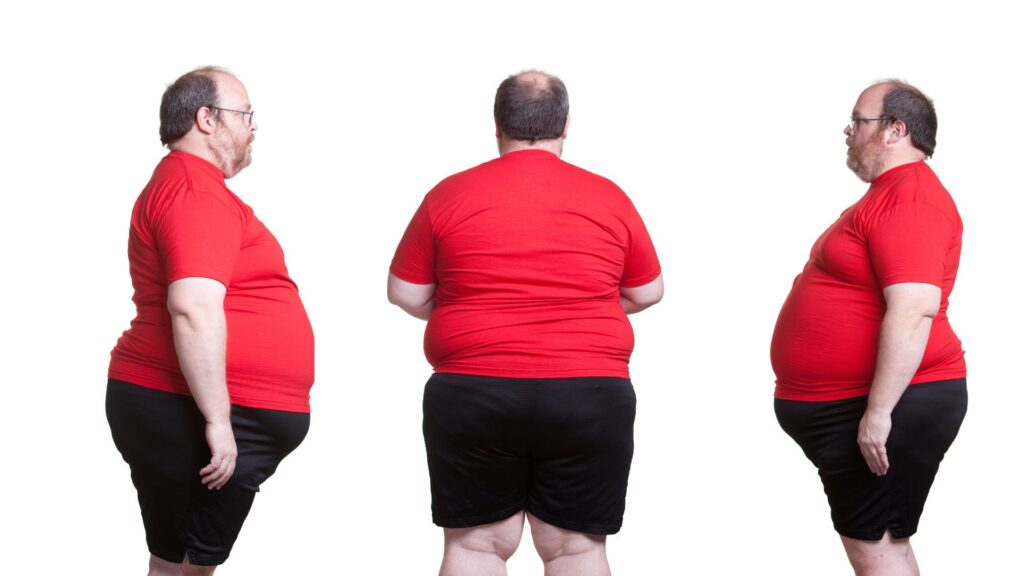‘Obesity is a mental state, brought on by boredom and disappointment’. Cyril Connolly.
42% of Americans and 28% of Britons are obese – which is a BMI over 30. Obesity is linked to diabetes, heart disease, arthritis, stroke, and increases the risk of cancer. The World Health Organization estimates 2.8 million deaths are caused by being overweight and obese every year.

What makes the human mind prone to obesity, despite knowing the problems it can cause? Why are we unable to stop ourselves eating the wrong type of food, or too much of it?
Many weight loss programs focus on changing the amount and type of food we eat, but perhaps we are focusing on the wrong thing, because being overweight is primarily a disorder of thinking. This is why, after a person completes a diet, they rapidly put the weight on again, because all the hidden urges in our thinking that caused the problem in the first place are not understood and continue to operate in the background.
Let us explore some of these hidden drivers in our thinking that contribute to obesity.
Our conditioning around food and drink is powerful. Our idea of what is ‘normal’ is heavily influenced by our past, and our surroundings. If everyone around us is eating a lot of sweets, or drinking regularly, we will so the same. If people we mingle with are overweight, then that gets normalized for us. Or, we may follow the cooking/eating habits we were brought up with. If we grew up in a home where there was a takeaway fast-food culture – we will do the same. We could also be conditioned by the advertisements we see – to buy processed food, for example. https://blogs.humanwisdom.me/
Our mind is constantly searching for pleasure because it likes to be stimulated. This search for pleasure comes from an inner boredom or restlessness which we are usually not aware of. Food is a convenient way for us to get this pleasure. Dining out is all about pleasure and is considered a treat for most of us. A lot of emphasis goes into the presentation and taste of the food. The problem with eating for pleasure is that we tend to overeat because our appetite for pleasure is much more than our appetite for food.
We also eat in response to stress, to make us feel good. 80% of people report feeling moderately to severely stressed so eating in response to stress is quite common. The food we eat in response to stress is comfort food. You are more likely to eat a pudding, rather than a banana when stressed.
Our habits around food, exercise, and sleep play a role too. These habits are difficult to break but being aware of them and being able to question them is the first step in changing them.
All these unconscious drivers create repeating patterns of behavior around food which are difficult to recognize, and to break. Our inner urges are much more powerful than our willpower, which is why it is difficult to stick to a diet.
If we want to address the problem we need to go to the root of it and explore the many hidden drivers in our thinking that contribute to obesity. For this, we need wisdom, which is a deeper awareness and understanding of ourselves and how our minds work. By becoming more aware of our body and the signals of hunger and thirst we can eat when we need to. Wisdom can also help us be less stressed, which can reduce our need to eat just to feel good about ourselves. Questioning our narratives around our food habits can help us break them. Understanding our hidden conditioning influences and our need for pleasure can ensure that we respond with wisdom. To find out more download the HumanWisdom app or visit humanwisdom.me and explore how it can help you live your best life.



